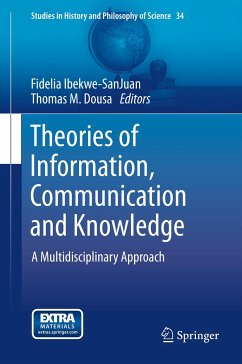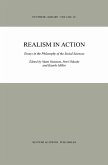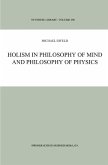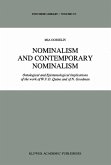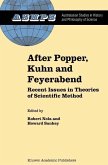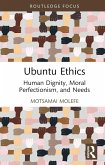While a lot has been written on the definition of these concepts, less research has attempted to establish explicit links between differing theoretical conceptions of these concepts and the underlying epistemological stances. This is what this volume attempts to do. It offers a multidisciplinary exploration of information and communication as perceived in different disciplines and how those perceptions affect theories of knowledge.
Dieser Download kann aus rechtlichen Gründen nur mit Rechnungsadresse in A, B, BG, CY, CZ, D, DK, EW, E, FIN, F, GR, HR, H, IRL, I, LT, L, LR, M, NL, PL, P, R, S, SLO, SK ausgeliefert werden.
"The standard of writing is generally very good and there is evidence that the editors have done a good job in ensuring a high quality of intellectual argument. ... this is an excellent introduction to the rich and varied debates around the nature of information, revealing that the field is actually far from agreement. ... There is also sufficient depth and breadth to make it a valuable resource for the more knowledgeable as well." (John Mingers, Cybernetics and Human Knowing, Vol. 21 (3), 2014)

